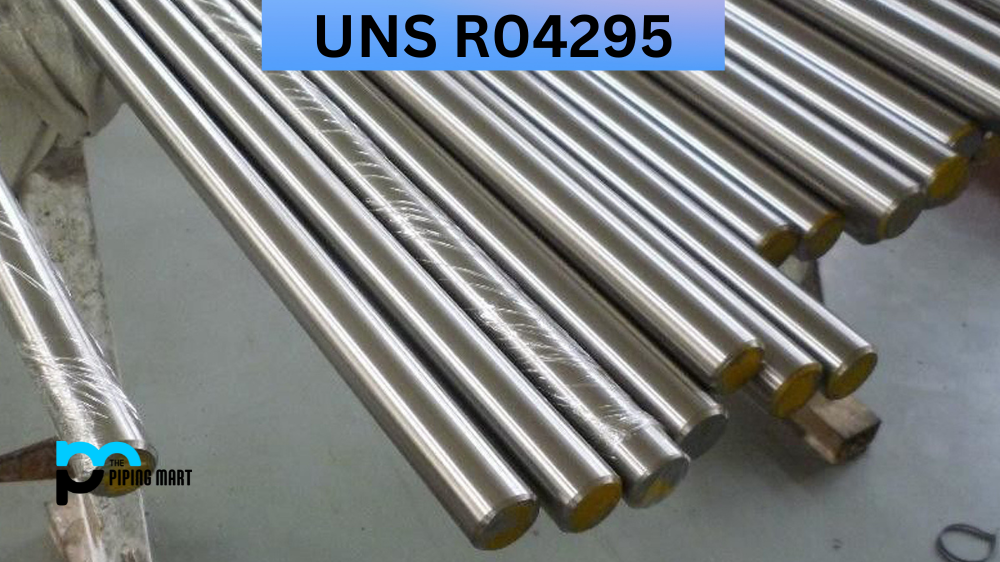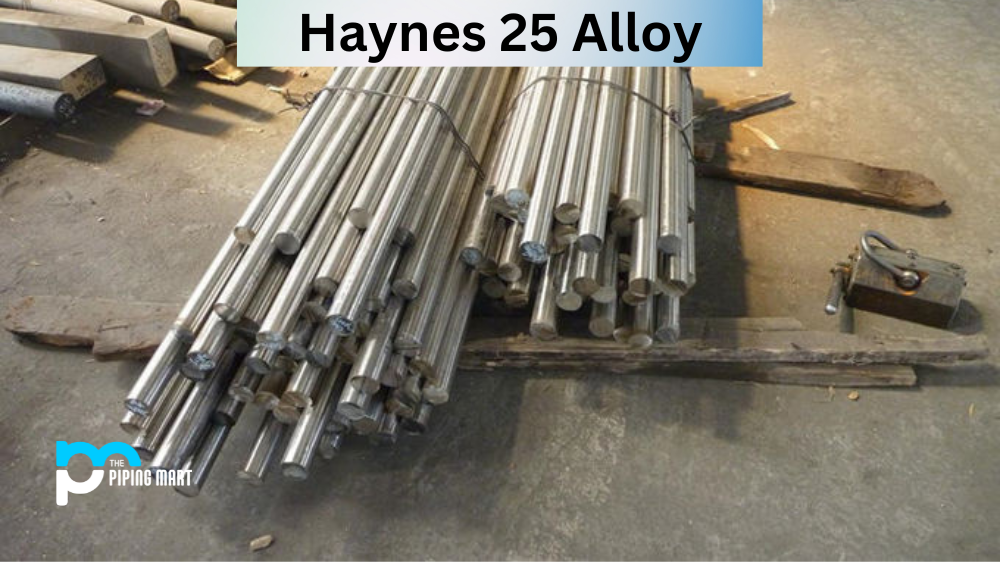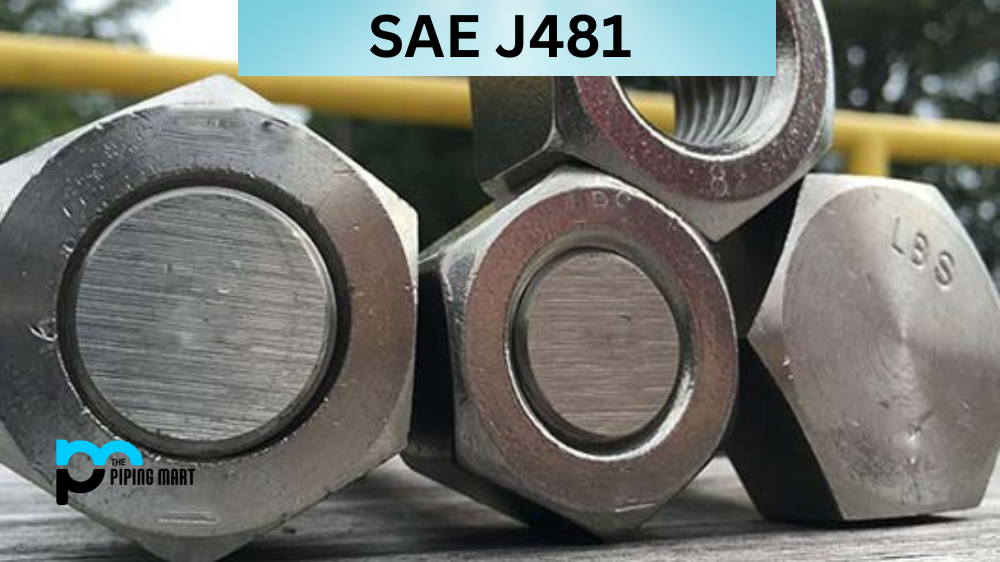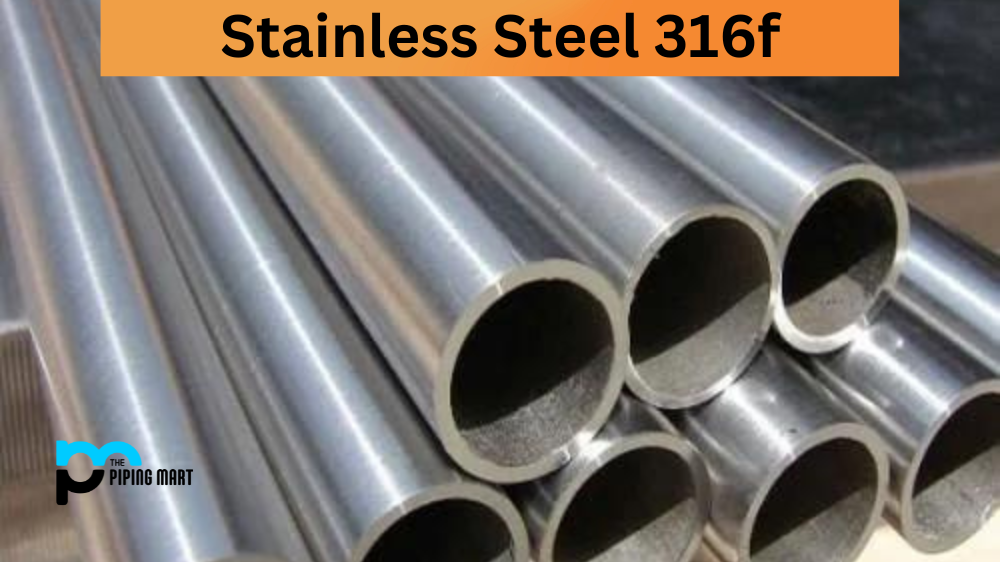UNS R04295 is a nickel-based superalloy famous for its exceptional corrosion resistance, thermal stability and high strength. Its unique properties make it widely used in the marine, aerospace, oil, and gas industries. This blog post aims to provide comprehensive information about UNS R04295, including its composition, physical and mechanical properties, uses, hardness, heat treatment, welding, and corrosion resistance. So, keep reading to discover more about UNS R04295.
UNS R04295 Composition
UNS R04295 contains high levels of nickel, about 50%, and smaller quantities of iron, chromium, cobalt, manganese, titanium, and aluminium. These elements give the superalloy unique properties, such as resistance to chemical attack, high-temperature strength, toughness, and excellent weldability.
UNS R04295 Physical Properties
UNS R04295 has several physical properties that make it ideal for high-temperature applications. It has a melting point of about 1350°C, 8.2 g/cm3 density, and a thermal conductivity of 10 W/m•K. The superalloy also has a low coefficient of thermal expansion and a high specific heat capacity, which means it can handle thermal shock and cyclic heating without degrading.
UNS R04295 Mechanical Properties
UNS R04295 has exceptional mechanical properties that make it ideal for demanding applications. At room temperature, the superalloy has a yield strength of about 860 MPa, tensile strength of 1060 MPa, and an elongation of 15%. It also has good fatigue resistance, creep resistance and can withstand high loads, making it perfect for highly stressed applications.
UNS R04295 Uses
UNS R04295 is used in various industries, such as aerospace, marine, power generation, and chemical processing, where high strength and resistance to corrosion are essential. It is used in gas turbines, jet engines, and steam turbines, where it can withstand high temperatures and thermal cycling. It is also used in seawater systems, heat exchangers, pumps, and valves. Its properties make it ideal for manufacturing critical components that require exceptional performance under extreme conditions.
UNS R04295 Hardness
UNS R04295 has high hardness levels that resist wear, abrasion, and galling. Its hardness can be increased by heat treatment and cold working. In the solution-annealed condition, UNS R04295 has a hardness of about 250 HB. After heat treatment, its hardness can reach up to 550 HB.
UNS R04295 Heat Treatment
UNS R04295 can be heat-treated to increase its strength and ductility. This superalloy’s most common heat treatment process is solution annealing, followed by age hardening. Solution annealing involves heating the alloy to about 1175°C, holding it for a specific duration, and then rapidly cooling it to prevent grain growth. Age hardening involves heating the alloy at a lower temperature, between 875°C to 950°C, for several hours to increase its strength.
UNS R04295 Welding
UNS R04295 can be welded using various techniques, such as gas tungsten arc welding, gas metal arc welding, and resistance welding. However, it is essential to use appropriate welding processes and filler metals to prevent contamination and achieve good weld quality. For instance, nickel-based filler metals maintain the superalloy’s chemical composition and properties.
UNS R04295 Corrosion Resistant
UNS R04295 is highly resistant to various forms of corrosion, including pitting, crevice, intergranular, and stress corrosion cracking. It is also resistant to alkalis, acids, and seawater, making it ideal for marine applications. Furthermore, it has excellent resistance to oxidation and sulfidation, which means it can withstand harsh environments without corroding.
Conclusion
UNS R04295 is a versatile nickel-based superalloy with unique properties, such as high strength, thermal stability, and corrosion resistance. It is widely used in various industries, where performance under high temperatures and harsh environments is essential. Its composition, physical and mechanical properties, hardness, heat treatment, welding, and corrosion resistance make it a reliable material for manufacturing critical components. If you need a high-performance material that can withstand extreme conditions, consider UNS R04295.
Meet Heer, a dynamic and driven writer learning tricks of her trade in the metal industry. With a background in Digital Marketing, Heer brings a unique perspective to her writing, sharing valuable insights. Apart from blogging she like reading and hiking.




